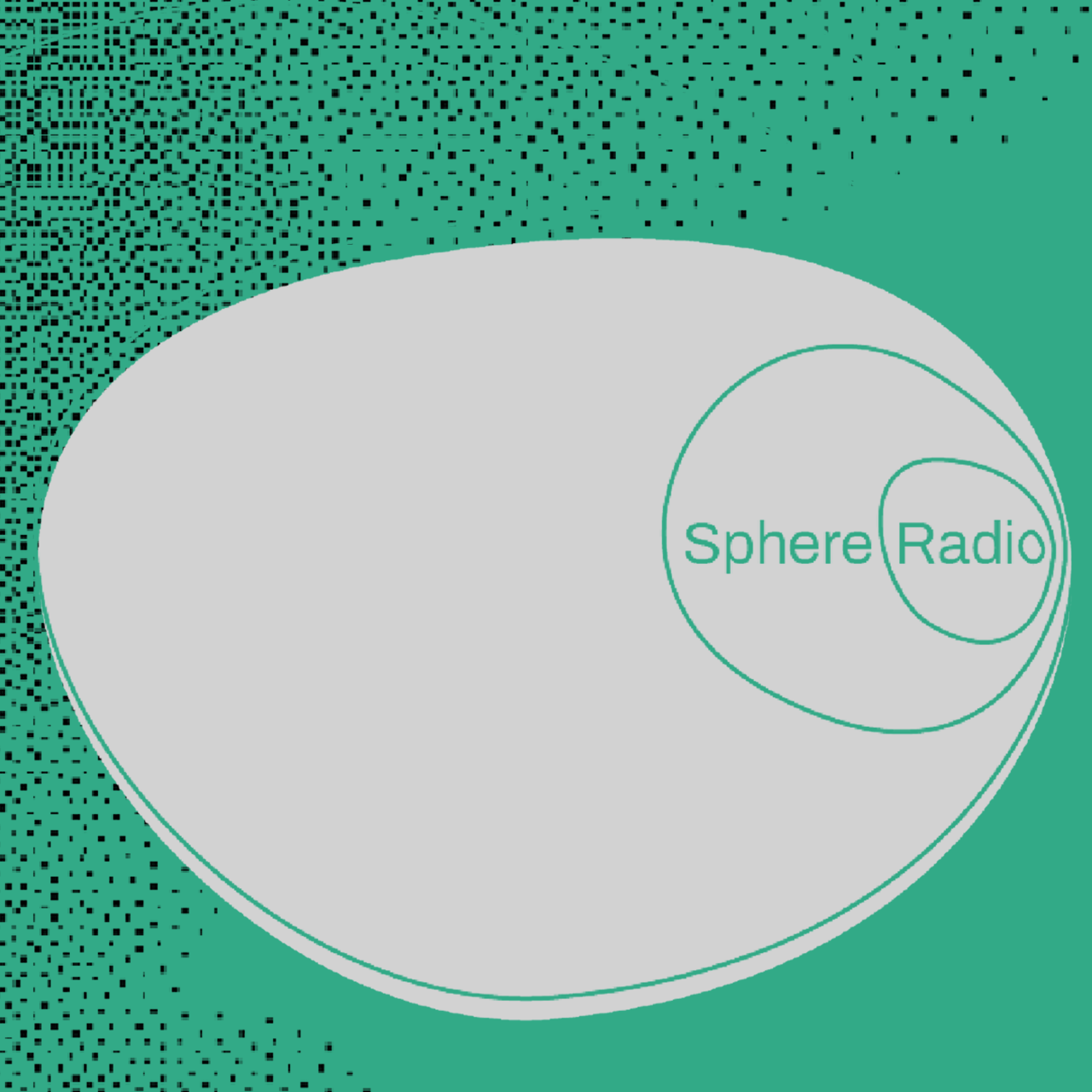Radical Archeologies: Unearthing Lima’s Sonic and PoeticLandscapes
Episode 17 of the TIMEZONES podcast series, co-initiated and co-produced by Norient and the Goethe-Institut. This episode looks into artistic ruptures and subjectivities in Lima, Perú, forged during a period of authoritarianism, economic recession, and widespread social hopelessness to understand the cyclical nature of Peruvian politics. It revisits the Peruvian subte (underground) scene, which created a space for young people to channel their frustrations through music.
In Lima, Perú, between the mid-1980s and late 1990s, countercultural artistic movements emerged amidst a complex social and political crisis, followed by internal armed conflict and the Fujimori-Montesinos dictatorship (1990–2000). These artistic movements have endured the years of dictatorship and will hopefully also resist the most recent shift to, once again, authoritarian Peruvian politics. Since December 2022, Perú faces a new government, led by Dina Boluarte in the presidency and Fujimori’s party in Congress.
In this context, this episode sheds light on Lima’s subte scene. It offers a critical intersectional perspective through the positions of academics who have researched the topic. It further delves into the theme of artistic dissidence through the voices of some of its protagonists, while exploring some of the unequal social structures that divide the city through an examination of the relationship of contemporary musicians and artists with the city of Lima.
QUOTES
«The kids from the first events of punk underground subculture in Lima were all united by this sentiment of critique, right, of punk critique against the government.» Olga Rodriguez-Ulloa
«We went out every day to rehearsals and concerts with that feeling of not knowing if we would make it back home. I never learned to play any instrument. I don’t even consider myself a musician. I consider myself a curious guy, who just likes music, who somehow learned some musical tricks. Doing punk in the eighties, as a way to survive through an artistic activity, a creative activity to a reality that was crushing.» Wicho García
«These new youth that join came from working-class backgrounds, and they saw that their families didn’t have enough to survive. And they expressed that in their lyrics. Express that dissatisfaction with the other punks. There are some class divisions in our country.» Fabiola Bazo
«What we only care is that we make music.» Fabiola Bazo
«My poetry is from the street. It is a process that is well-rooted in me. It is sometimes descriptive, sometimes very oneiric. Is never distant.» Domingo de Ramos
«Lima is horrible. Lima is a very violent city not just because of the war, but because of the social interactions too. A city that is really almost like a cast. A city that is very misogynist, very racist.» Olga Rodriguez-Ulloa
«Making music in Perú and in Lima in particular, is acting in an environment where circle slurps and cronyism reigns. Symbols of colonial heritage that are more than alive.» Wilder Gonzales Agreda
«For me, it is clear that making art is a political stance.» Frau Diamanda
«All the interventions and actions we did were linked to making a critique through visual arts and interventions to the things that were happening then.» Javi Vargas Sotomayor
«It’s been hard working here in Lima. It’s a very violent city. In all senses.» Javi Vargas Sotomayor
«Maybe that’s why I’m still here living in Lima, because there are many things to do, many things to change, to question.» Javi Vargas Sotomayor
«Some poets, artists, are seeing it from a critical point of view, from a radical position with movements and protests in the street. This is not going to stop, and the conflicts are going to become more acute. This regime is going to fall because of the social movements. That is what I see in moment.» Domingo de Ramos
«To bring out a voice, to bring out the rage, to bring out the truth through art. Or at least to sing in the faces of the owners of the country and the planet, to shove their truths in their faces.» Wicho García
CREDITS
a podcast by Ale Hop (Alejandra Cárdenas)
https://alehophop.com · IG: @ale_hophop · FB/X: @alehophop
original music by Fil Uno (cello), Ale Hop (electronics)
IG: @fil_uno · FB: filunomusic
co-initiated and co-produced by Norient …
https://norient.com/timezones · IG: @norientsounds
FB: norient.sounds · TW: @norient · TT: @norient_sounds
… and the Goethe-Institut
https://www.goethe.de/timezones/en · IG: @goetheinstitut / @goetheinstitut_peru
FB: goetheinstitut / goetheinstitut.peru · X: @goetheinstitut
with support from the Swiss Arts Council Pro Helvetia South America
https://southamerica.prohelvetia.org · IG: @prohelvetia / @prohelvetia_southamerica
FB: prohelvetia.dach / prohelvetia.southamerica · X: @prohelvetia
Sendedatum: 22/11/2023 18:00 - 22/11/2023 18:26
Sendung: TIMEZONES

